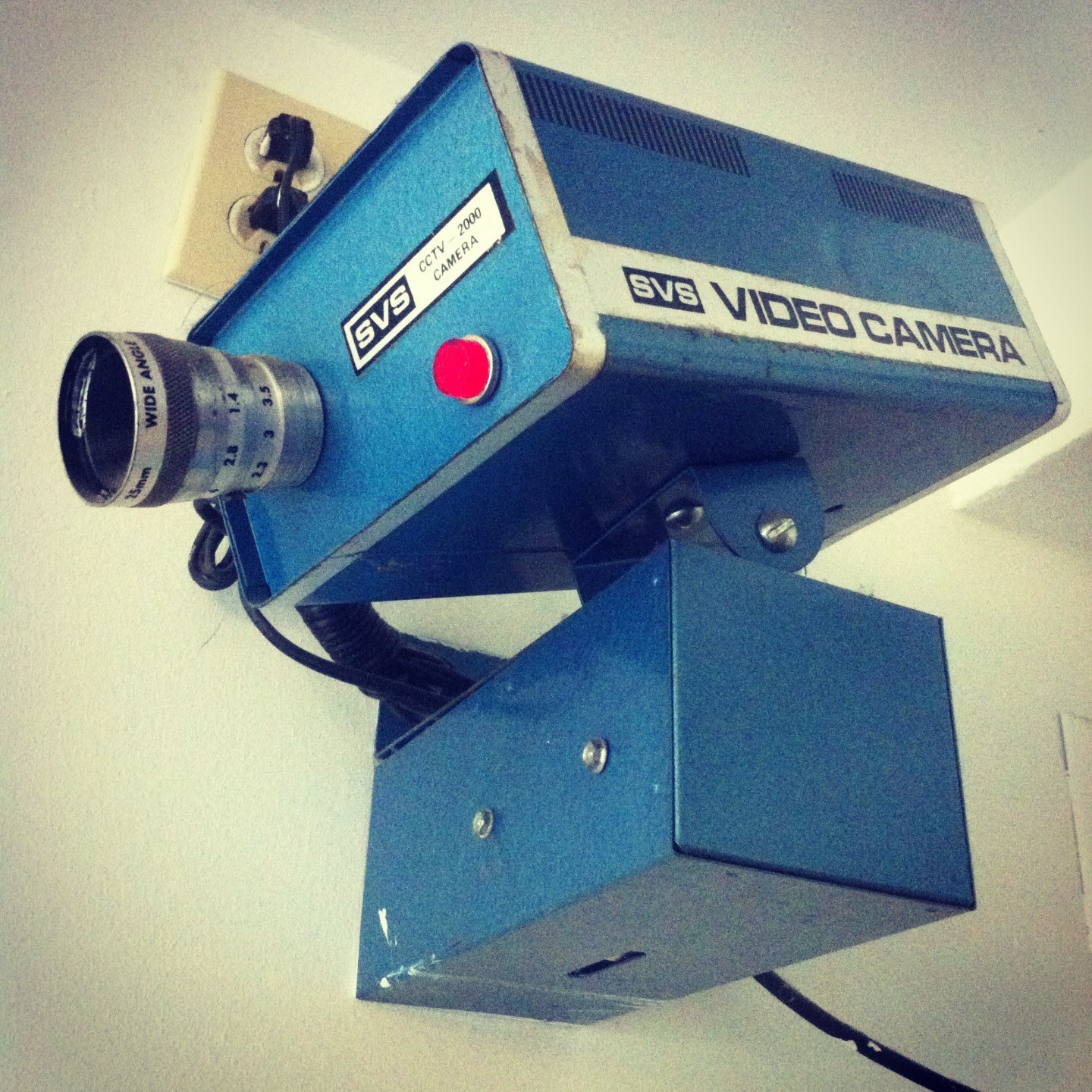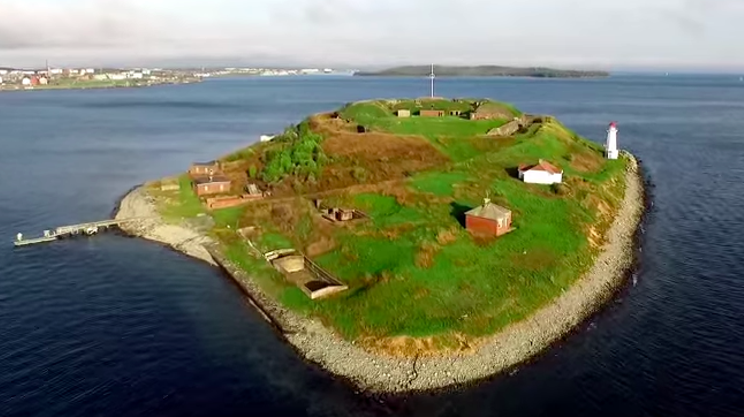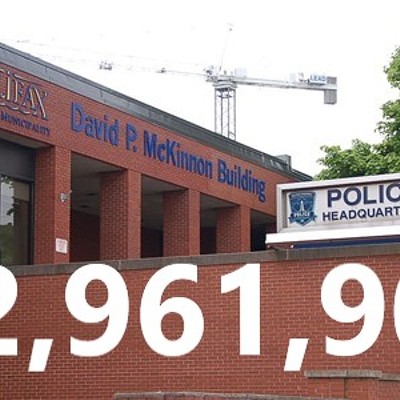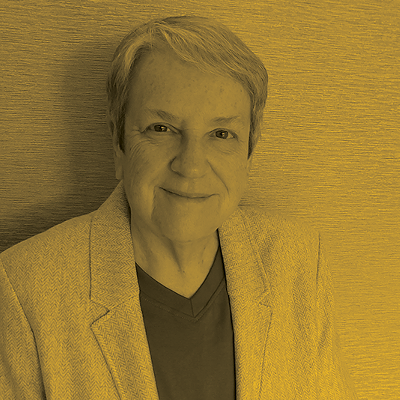Mysteriously, Halifax doesn’t know how many security cameras are on public property, and they wouldn’t tell you even if they did.
“They’re overseen by a number of different companies contracted for security purposes,” writes city spokesperson Jennifer Stewart-Stairs in an email. “Even if we had the number though, we wouldn’t disclose that or the locations of the cameras, for security purposes.”
Halifax is currently in the midst of revamping its security infrastructure; both by consolidating the outsourcing of guard duties and ramping up its tech infrastructure. That includes developing a 24/7 security operations centre to monitor all HRM security, improved alarms and IT-support, and new policies on closed-circuit television (CCTV). Policies which should prove useful, since currently there aren’t any.
“There isn’t an existing policy on CCTV coverage,” writes Stewart-Stairs, noting the city is mostly looking to replace aging cameras and assess security needs at the sites they’re located. “That could include increasing the number of cameras at a particular site. We’re also looking at restricting who can view security camera footage to better ensure the privacy of citizens.”
Part 20 of the Municipal Government Act does allow a municipality to collect, use and disclose your information without your consent for security purposes. But that doesn’t mean Halifax’s ad hoc cinematography isn’t worrisome.
“I would not be surprised if they don’t keep track of this stuff,” says David Fraser, a privacy lawyer and partner at McInnes Cooper. “I wonder, what is even the lay of the land with respect to what they do?”
Fraser says the city needs a clear and transparent process to make sure cameras are justifiable when put in public places. Most importantly, that includes what happens to your image after it’s recorded.
“How long are the recordings kept? Who has access? There’s so many different factors that need to go into assessing the use of security cameras.”
Under the same Municipal Government Act, you also have a right to access your own information, including any recorded images of yourself. Naturally, that’s a bit tricky if you don’t know when and where you’re being recorded, or what’s happening to your image after being captured by cameras.
“If you think about it, if you see a camera in a public place, even if it says ‘HRM property’ and has the lovely new Halifax logo on it, that tells you nothing about what’s happening with the image being collected,” says Fraser. “Who’s on the other end?”
The sweeping new security upgrades also extend to guards, with Halifax looking to consolidate a large chunk of its physical security presence in parks, surplus properties, civic events, fire scenes and seasonal facilities. Two weeks ago, regional council awarded Securitas a $733,000 tender to consolidate and expand guard duties that previously had been performed by several companies.
According to the city, the current model has no strict standards and qualifications for guards, which has “resulted in a very inconsistent approach to providing security.”
Right now at some sites, “guards are performing little more than a reception-related function,” the report snarkily notes. New running orders for Securitas’ guards include acting “firm and determined, yet polite, in all dealings with employees and visitors.”
Also, no more Sudoku.
“Officers will give full attention to their duties. The reading of newspapers, books, or any other diversion while on duty is prohibited.”
Halifax expects to save $50,000 a year by contracting fewer security companies, though between the improved services and expanded operations centre, total security costs for the city will rise by 20 per cent, topping out at $1.2 million.
















